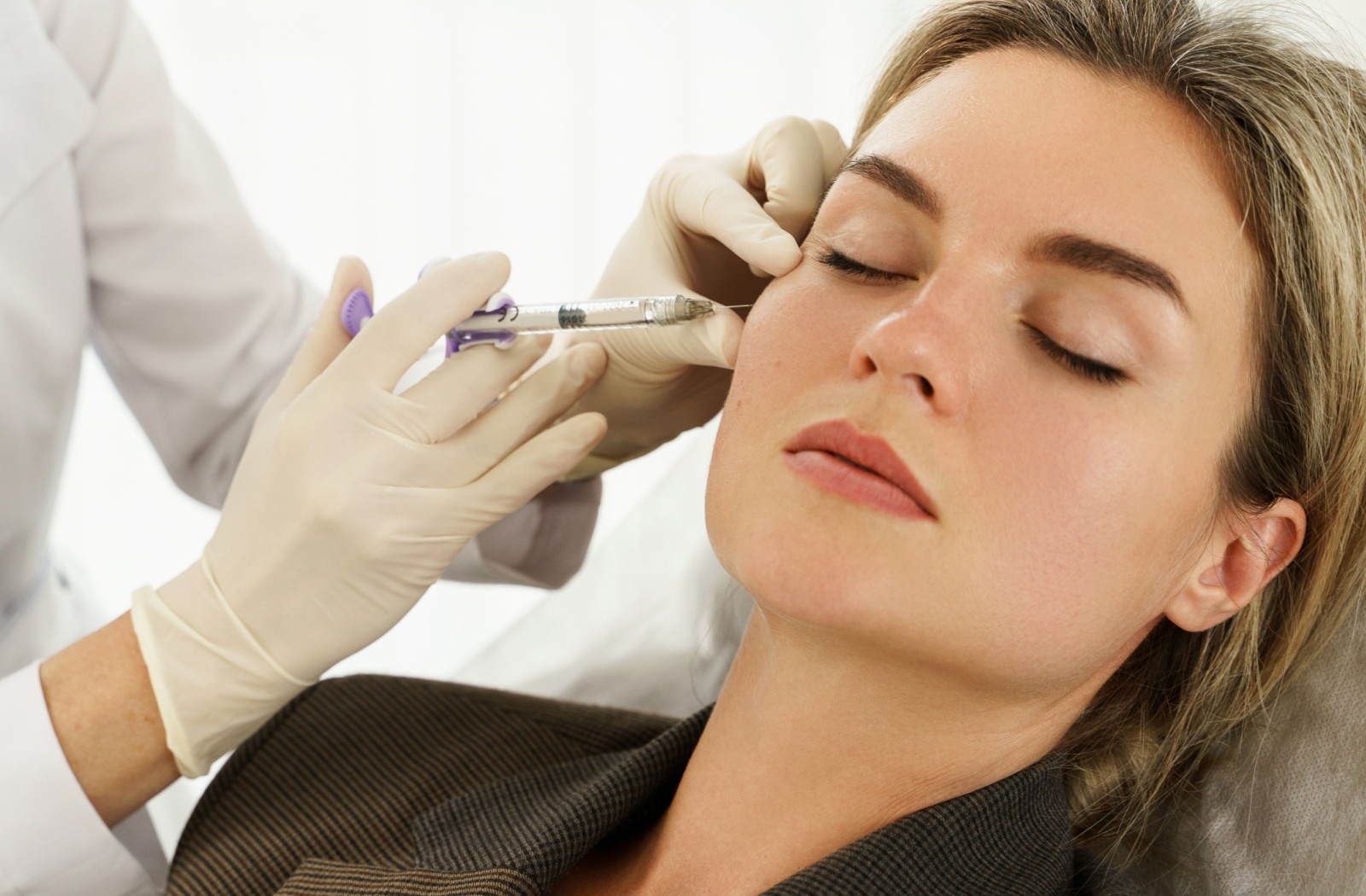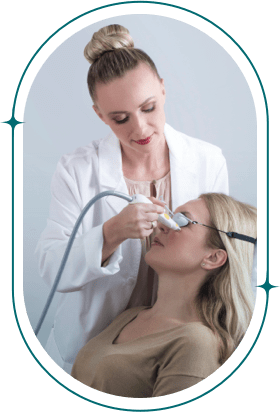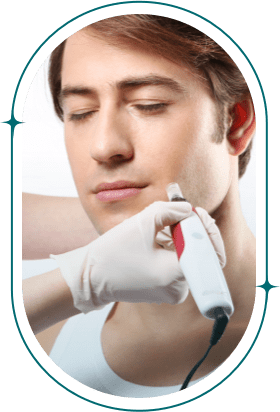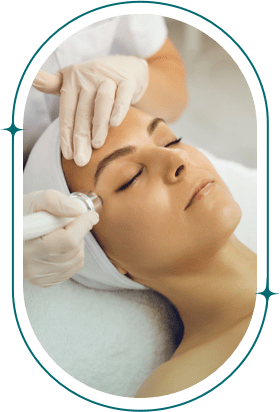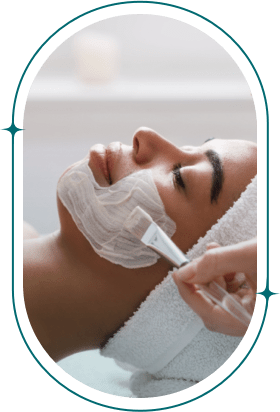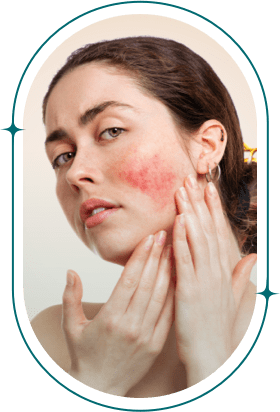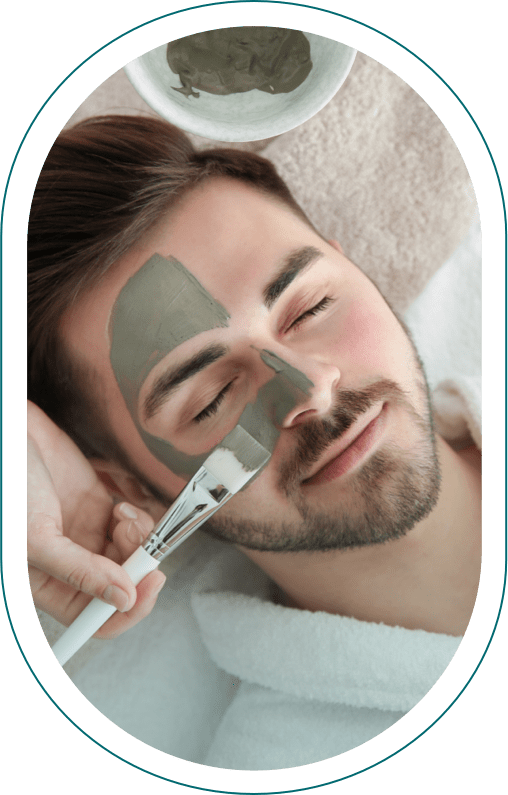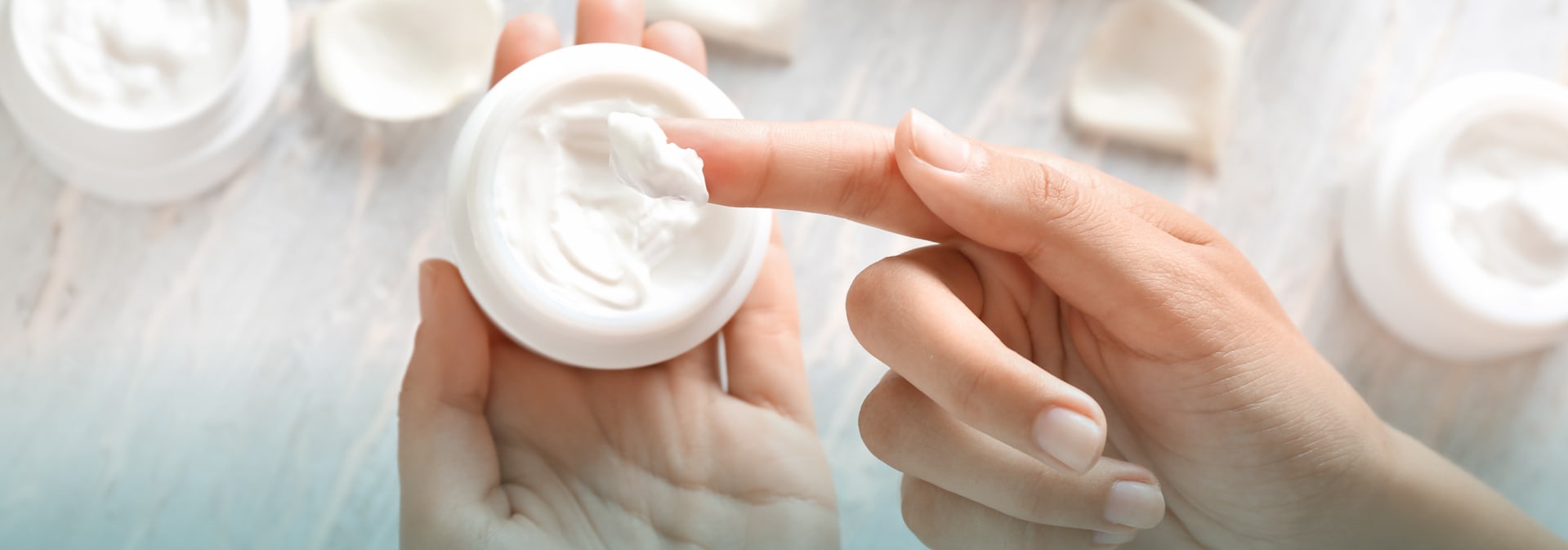Dermal fillers are popular cosmetic procedures used to restore volume and smooth out facial wrinkles. They are a non-surgical option for those looking to enhance their appearance, with minimal downtime and relatively quick results.
In general, dermal fillers can last anywhere from 6 months to 2 years. Some fillers may even provide results for up to 5 years. The longevity of dermal fillers depends on a few factors, including the type of filler used, the location of injection, and an individual’s metabolism.
Type of Filler Used
Various types of dermal fillers are available in the market, each with its unique composition and properties. The most popular ones include:
- Hyaluronic acid fillers: These are the most commonly used dermal fillers due to their natural components and ability to hold moisture in the skin. Depending on the specific brand and formula used, they typically last anywhere from 6-18 months.
- Calcium hydroxylapatite fillers: These fillers have a thicker consistency and are often used for deeper lines and wrinkles. They can last up to 2 years.
- Poly-L-lactic acid fillers: These are synthetic fillers that stimulate collagen production in the skin, giving longer-lasting results of up to 2 years or more.
- Polymethyl methacrylate (PMMA) fillers: These are the longest-lasting fillers, with results that can last up to 5 years. However, they are also considered more permanent and have a higher risk of complications.
Location of Injection
The area of the face where the filler is injected can also affect its longevity. Areas with more movement, such as the lips and mouth, tend to break down fillers faster than areas with less movement, such as the cheeks.
Additionally, fillers injected into areas with thinner skin may dissipate more quickly. This is because the filler material has less support in these areas.
Individual Metabolism
Each person’s body metabolizes filler at a different rate, making the duration of filler effects unique to each individual. Factors such as age, lifestyle habits, and overall health can also affect how long fillers last.
Younger individuals tend to have faster metabolisms, which may result in a quicker breakdown of fillers than older individuals.
Lifestyle habits such as smoking and excessive sun exposure can also contribute to the breakdown of filler material. Maintaining a healthy lifestyle and protecting the skin from sun damage may help prolong the effects of fillers.
Maintenance & Touch-Ups
Touch-up appointments may be necessary to maintain the fillers’ results. These appointments involve injecting small amounts of filler into specific areas that may have lost volume over time.
Maintenance appointments can help prolong the overall effect of fillers and prevent the need for more extensive touch-ups in the future.
To achieve the best and longest-lasting results from fillers, it is important to follow your provider’s recommended maintenance schedule.
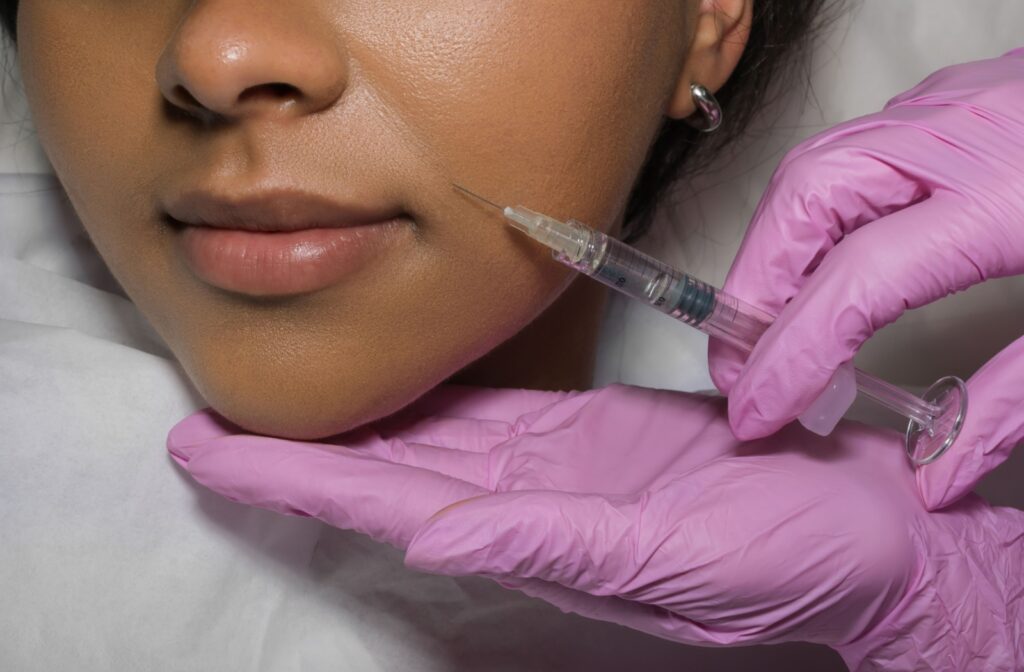
What to Expect During & After Filler Injections
Filler injections are a relatively quick and non-invasive procedure. Your provider will first cleanse the area to be injected and may apply a numbing cream to minimize any potential discomfort.
You may feel slight pressure or pinching during the injection, but it should not be painful. Afterward, there may be some redness, swelling, and bruising at the injection site, but this should subside within a few days.
It is important to follow any aftercare instructions provided by your provider for proper healing and to minimize potential side effects.
Aftercare Tips for Fillers
Some general aftercare tips for fillers include:
- Avoid touching or rubbing the treated area to prevent irritation or infection.
- Refrain from strenuous activities and exercise for 24 hours to allow the filler to settle properly.
- Avoid exposure to excessive heat, such as saunas or hot tubs, for 24 hours to reduce the risk of swelling and complications.
- To avoid contamination and irritation, do not apply makeup or skincare products to the treated area immediately after the procedure.
- Follow specific aftercare instructions, such as applying ice packs to reduce swelling or taking arnica supplements to minimize bruising.
- Stay hydrated and maintain a healthy diet to support your body’s healing process.
- Sleep with your head elevated for the first night to help minimize swelling.
- Avoid alcohol and blood-thinning medications for at least 24 hours, as they can increase the risk of bruising.
- Always consult your provider for personalized aftercare advice for the best results and a smooth recovery.
Discover the Benefits of Filler Injections
Fillers can be a great option for those looking to enhance their appearance and make subtle changes to their facial features. However, choosing a qualified and experienced provider who can properly administer the injections and provide proper aftercare instructions is important.
At Elevate Eyes and Medical Esthetics, our team of experts is dedicated to helping you achieve your aesthetic goals in a safe and comfortable environment. Schedule a consultation with us today to learn more about filler injections and their benefits.

